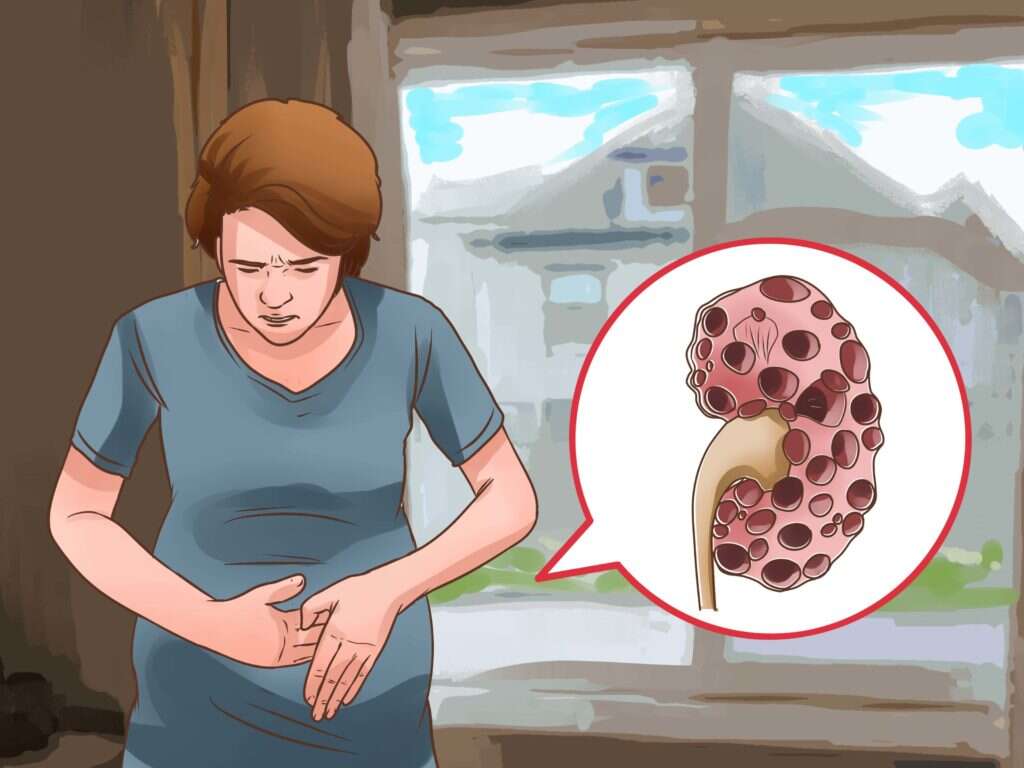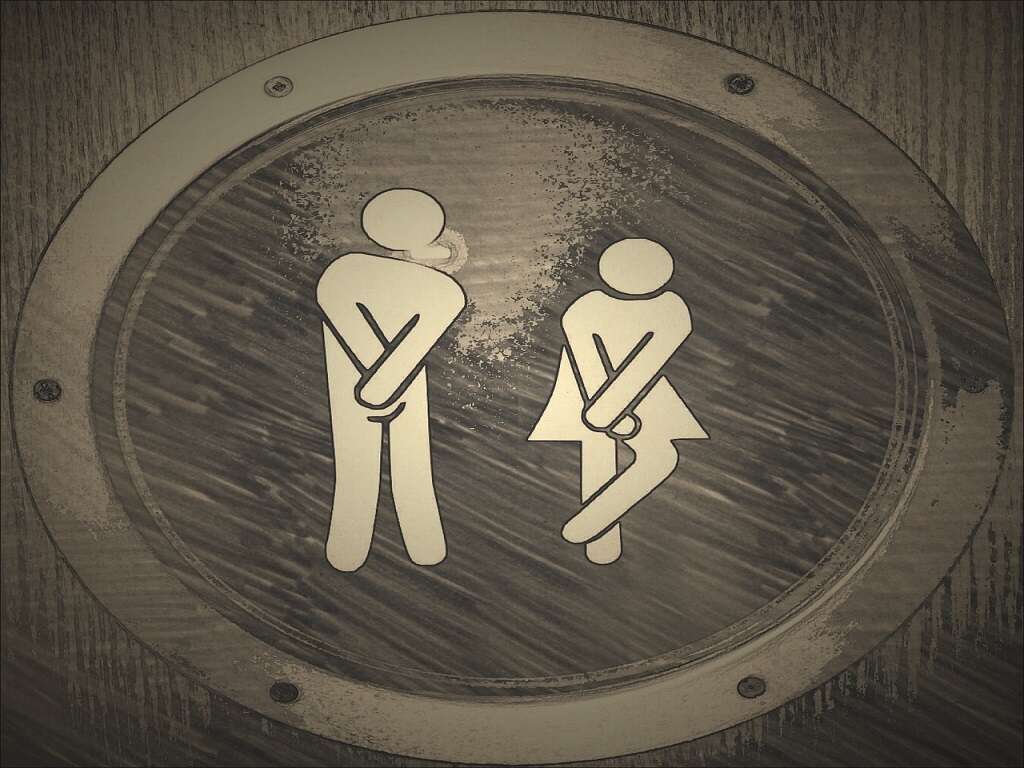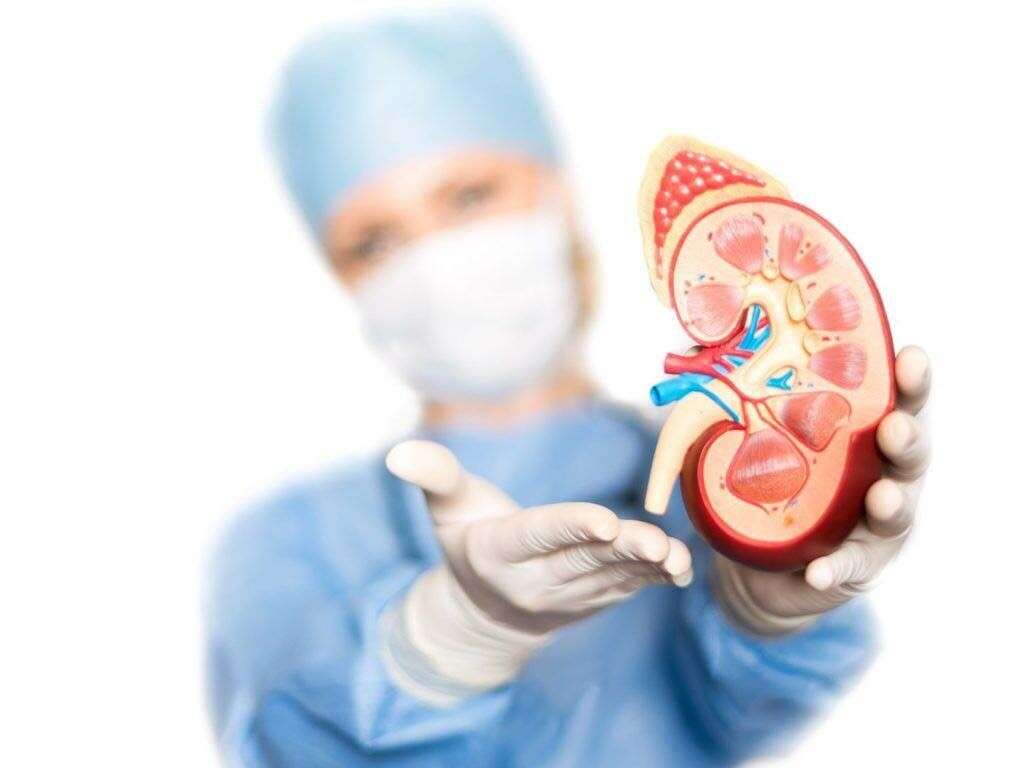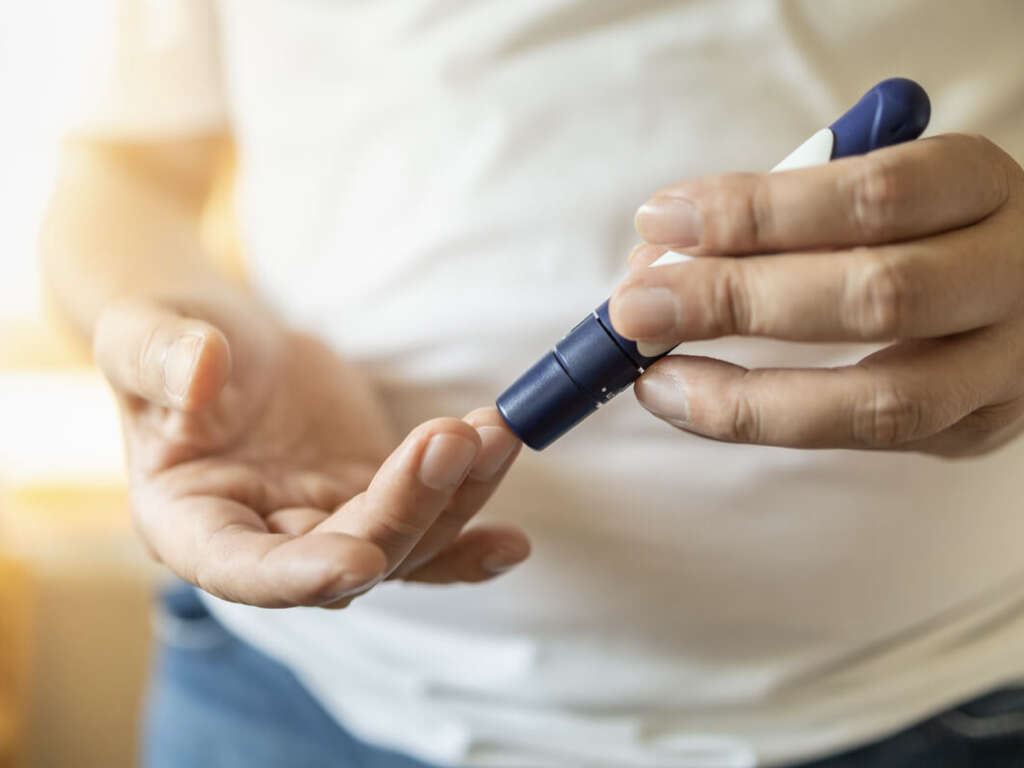10 Acute Renal Failure Symptoms
Every day, we ingest or inhale numerous toxins into our body. The food that we eat contains toxins and the air that we breathe contains toxins. While this may sound alarming, it is actually quite natural as toxins are just part of the world that we live in. It is also not something we should usually be concerned about because our body does an excellent job at filtering these toxins out.
We can mostly thank our liver and kidneys for keeping us protected from these toxins. They work hard at keeping us safe all day, every day, but things can go wrong.
Acute renal failure is basically when the kidneys stop working properly and it can be a real threat to your life. Here are some of the signs that your kidneys may be failing.

Symptom #1: Decreased Urination
The kidneys filter toxins and other unwanted elements from our blood. As it filters these out, the toxins are held in a liquid that we know as urine. The urine is sent to the bladder where it will be stored, but the bladder has only a fairly small capacity. From time to time, the bladder will need to be emptied.
If the kidneys are not functioning as well as they should be then they will be filtering fewer toxins from the blood. This, in turn, means that there will be less urine, and the bladder will not need to be emptied as often. If you have noticed that you are urinating less than you should be, you should get it checked out.

Symptom #2: Itching
An itch can be very irritating, but then it is supposed to be. Quite often, an itch is intended to bring your attention to something that is wrong, such as a potentially harmful irritant on the skin. At other times, it is a reaction to something such as inflammation or other similar problems.
With the kidneys failing, more toxins will be flowing through the blood because they are not being filtered out. These toxins will be flowing just beneath the surface of the skin, and this can cause the skin to become itchy. An itch can be caused by a wide variety of things and you should get it checked out if it persists.

Symptom #3: Fatigue
Most of us will wake up feeling energized in the morning, or at least after a shower and a coffee. The food that we eat will help to keep us energized throughout the day, but we will gradually begin to fade at night until it is time to go to bed again. If your kidneys are failing, however, then even sleeping and eating may not energize you.
With toxins and impurities running through the blood, the blood will contain less oxygen and other valuable cargo. This can have an impact on how we are able to generate energy and this can leave us feeling constantly fatigued.

Symptom #4: Confusion
Our brain is a very resource-hungry organ. Its constantly needs oxygen and other valuable nutrients in order to keep it working as it should. If this supply was to slow down, then our brain would not be able to function as well as it usually would.
If the kidneys are not filtering toxins from the blood as well as they usually do then the blood becomes less effective at carrying nutrients to the brain. This can slow the brain down, causing us to become confused easily. Toxins reaching the brain can also have a more direct impact on the functioning of the organ.

Symptom #5: Shortness of Breath
When we breathe in, oxygen in the air we breathe is absorbed into the bloodstream. Here, it attaches itself to red blood cells, which will then carry it to wherever it is needed in the body. With a healthy bloodstream carrying plenty of oxygen, we are able to get all the oxygen we need.
The blood is not going to be so healthy if the kidneys are failing, though. With the blood full of toxins, the blood is not able to carry as much oxygen as it usually would. This has the effect of leaving us feeling short of breath as the body tries to compensate to get more oxygen into the system.

Symptom #6: Twitching Muscles
Our blood supplies the whole body with nutrients and oxygen, and the muscles are among the biggest consumers. Even when the demand is increased due to exercise then the blood will still be able to keep up in meeting the demand. If the kidneys are failing, however, then they cannot supply the muscles so well.
Not only can the blood struggle to supply the muscles, but it can also cause damage to them by circulating toxins around them. This can lead to the muscles and the nerves becoming damaged over time. This damage can lead to an involuntary twitching of the muscles.

Symptom #7: Swollen Ankles
Our kidneys play a key role in maintaining the healthy and normal circulation of the blood around the body. If something goes wrong, then the circulation can be affected and this can lead to some unusual results. One of these is that the lower extremities of your body, namely your feet and ankles, can begin to swell.
In cases of kidney failure, the body will often start retaining salt and water. The extra fluids in the system will cause excess fluids to be pulled toward the bottom of the body under the force of gravity. This causes the ankles and the feet to become swollen as they fill with fluids.
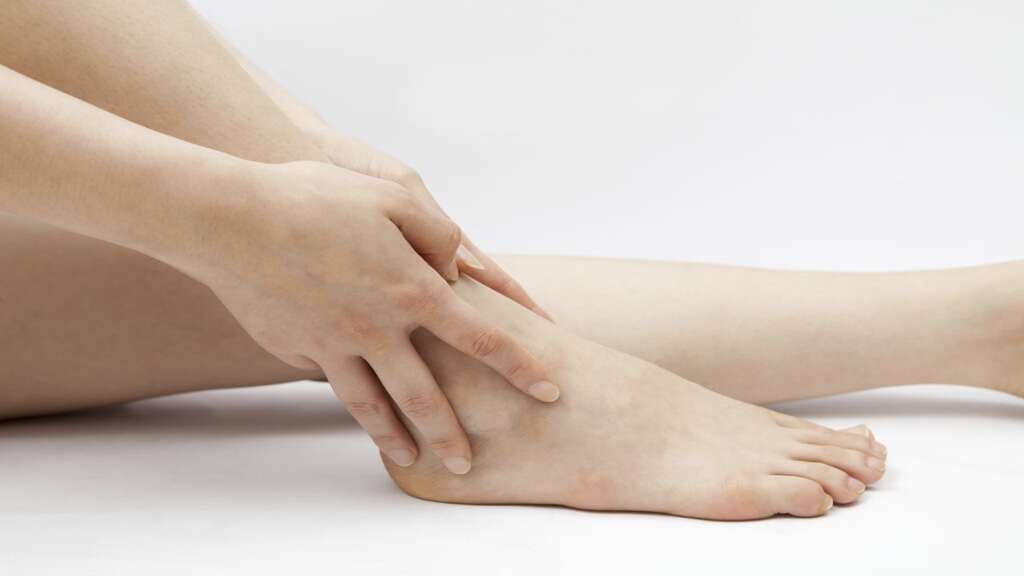
Symptom #8: Nausea
Nausea is something that can be bought on even by fairly benign things. Just an unpleasant smell, for example, can be enough even if it is otherwise harmless. However, it can also be a sign that something quite serious is wrong within the body.
Kidney failure is likely to lead to high levels of toxins in the blood, and this is likely to lead to nausea. It can be severe, and it can be constant, potentially leaving the patient debilitated. The nausea will also often lead to vomiting and this can lead to further problems. Severe cases of nausea should always be checked out by a medical professional.

Symptom #9: Seizures
A clean and effective blood circulation is essential if our body is to operate as it should do. Otherwise, things can start going very wrong with numerous functions of the body. The brain can be affected directly and this can begin to affect the rest of the body. If the brain is impacted severely enough then the body can go into seizures.
Seizures occur when the brain is sending out mixed messages to the rest of the body. This is a sign that the condition is at an advanced stage and that the patient urgently needs medical assistance. You should get them to an emergency room as soon as you can.

Symptom #10: Coma
When the body is seriously ill or damaged, it may begin to shut down to protect itself as best it can. This can result in a coma, which is basically when the patient becomes irresponsive to all stimuli, like they are in a very deep sleep from which they cannot be woken.
Comas do not always end in fatalities. Indeed, many people that do fall into comas will go on to make a full recovery. Regardless, the patient should be receiving full medical attention if they are to recover. A full recovery may still be possible, but the situation is extremely serious at this stage.




